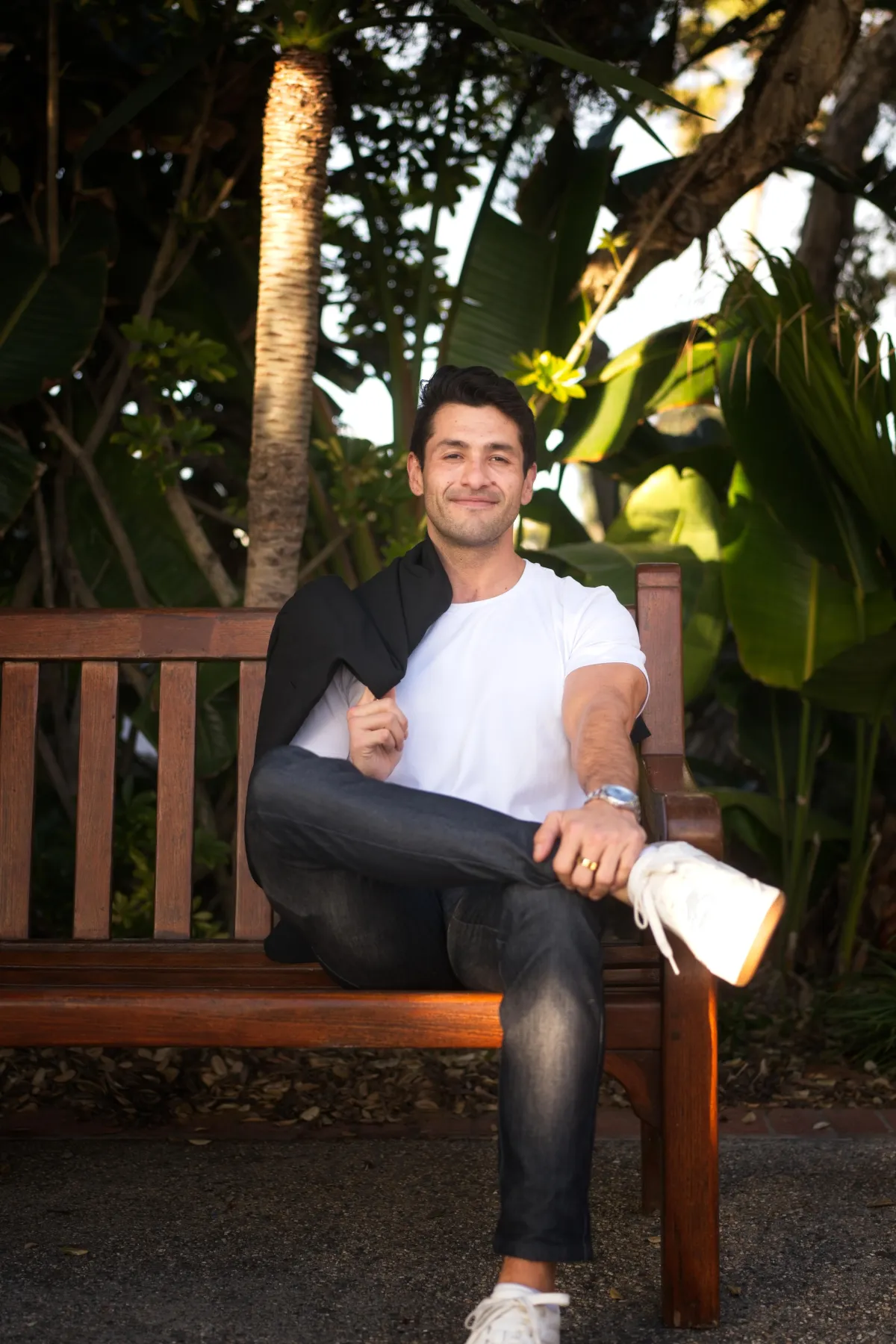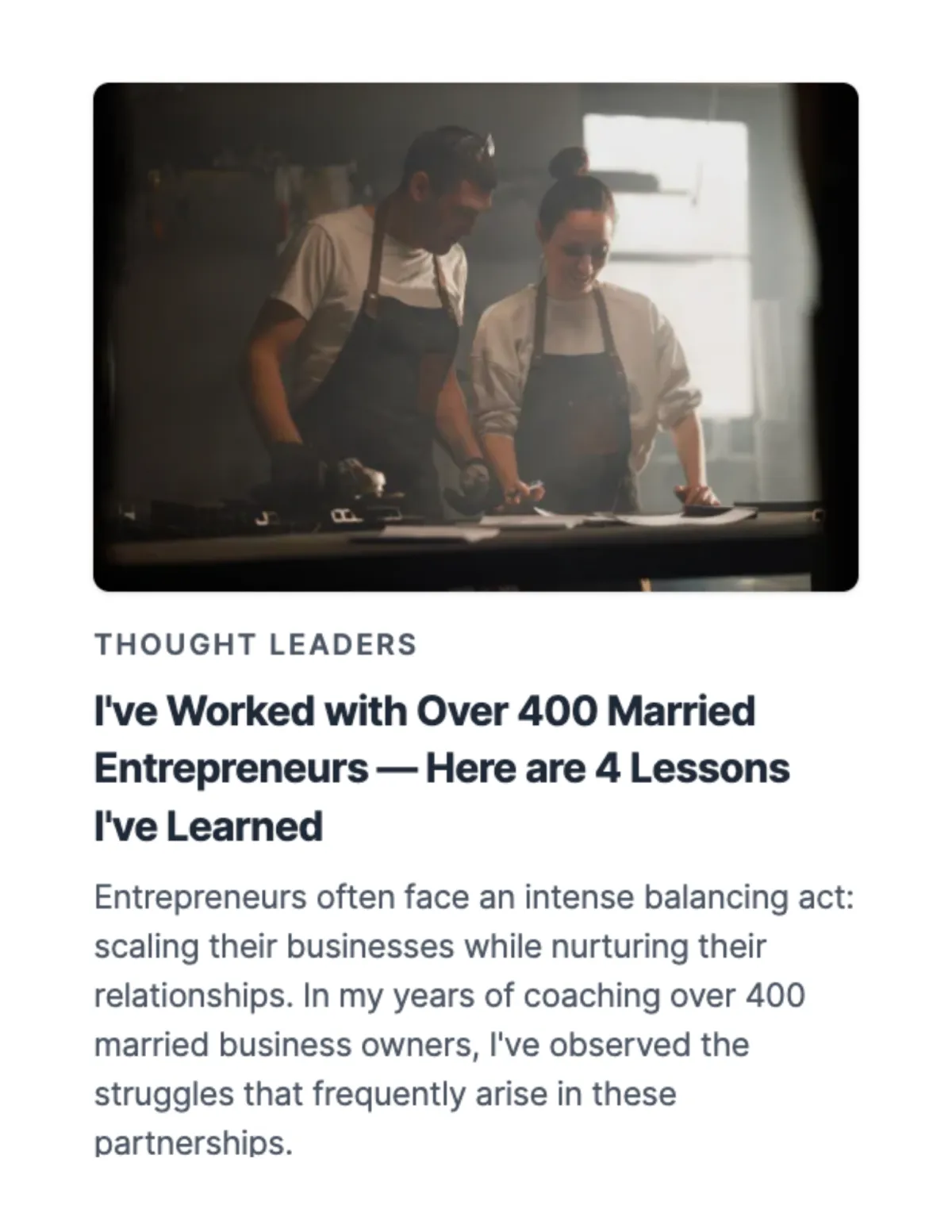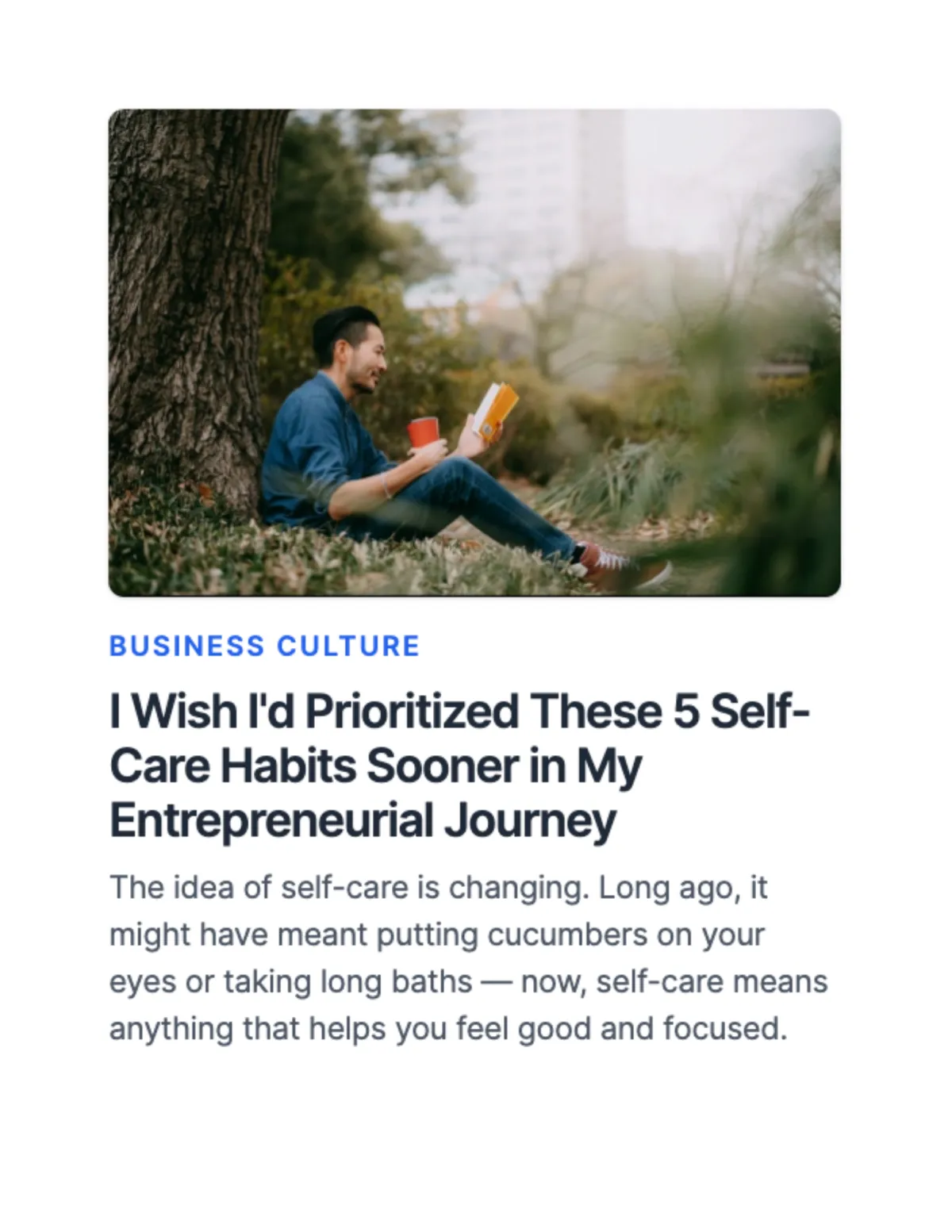Helping Founders Turn Visibility and Trust Into Predictable Revenue Through Authority Marketing and Fractional CMO Support.
If your brand is being seen but not converting, we’ll help you fix that fast—using SEO, PR, and high-converting messaging systems tailored to your market.
Trusted By:

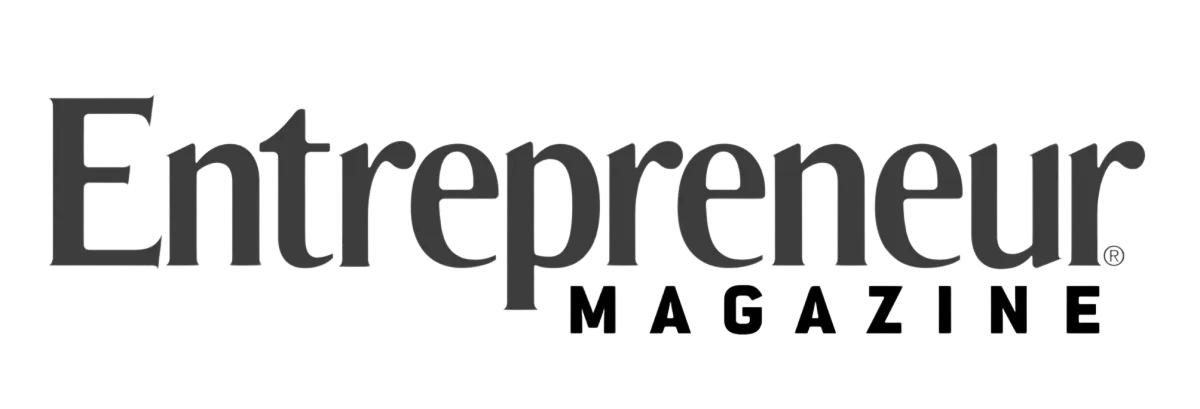

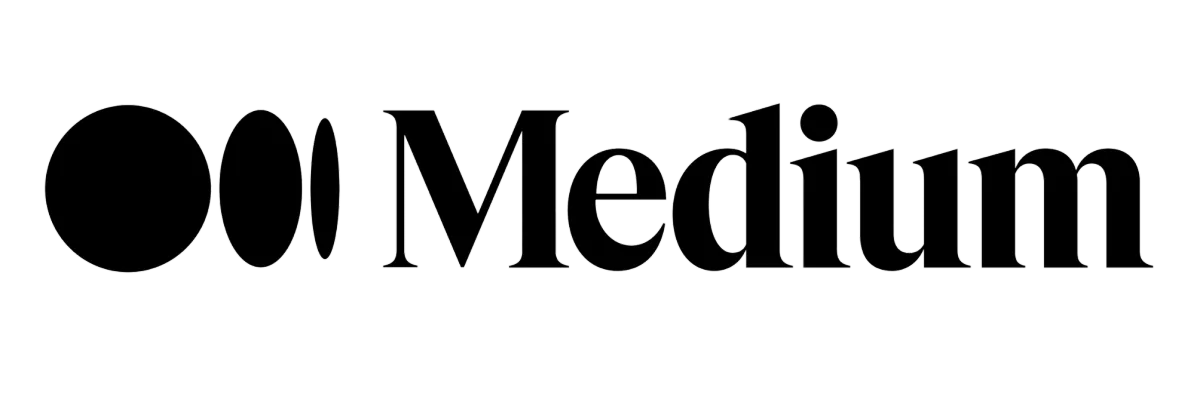
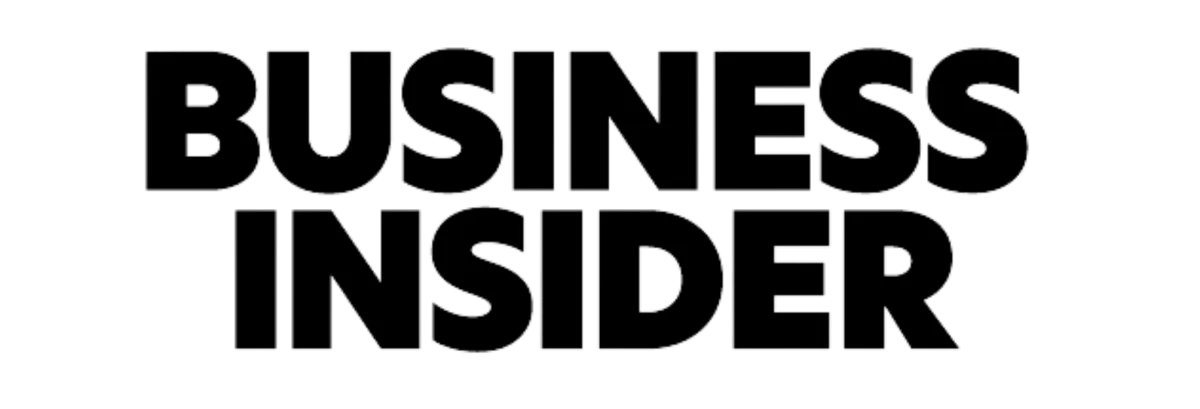
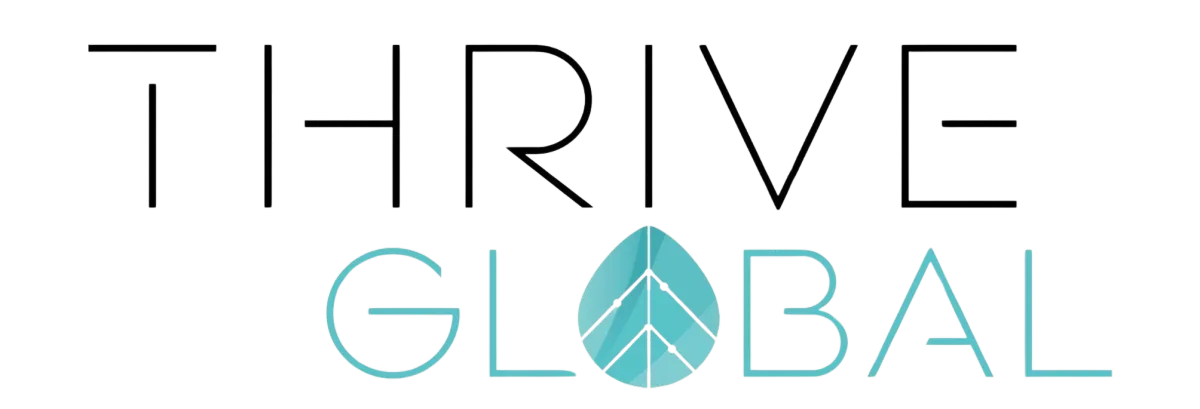
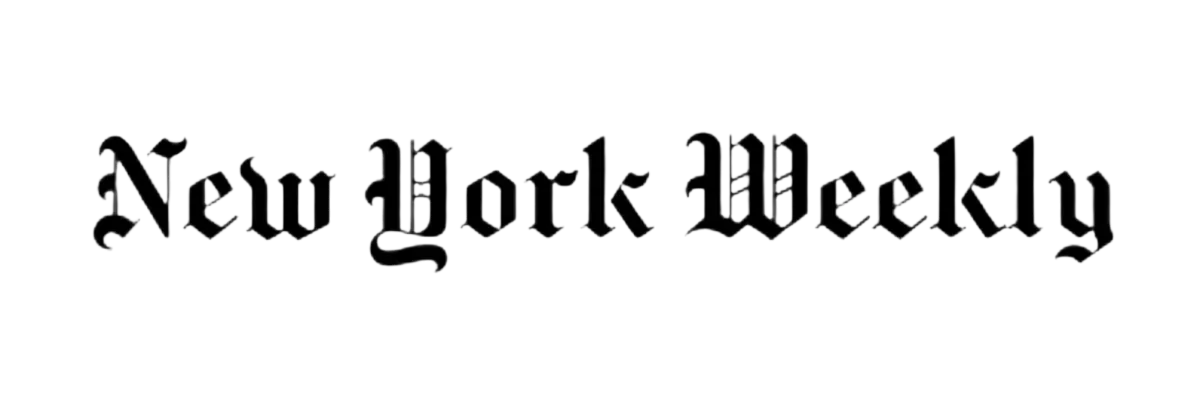



Find out exactly why your site isn’t ranking—and how to fix it fast.
Featured Thought Leader in Entrepreneur Magazine
His Thought Leadership extends to the pages of Entrepreneur Magazine, where he shares high-level insights on business strategy, marketing, leadership, psychology, and personal mastery—helping high-earning men break through limitations and achieve extraordinary success.

Why Emotionally Over-Investing Early Always Backfires in Relationships
Understanding Emotional Over-Investment
Emotional over-investment happens when you put a large amount of your emotional energy into specific areas outside of yourself, like work, dating, or relationships. At first, this might feel good as it fuels your motivation and drive. However, over time, it can become draining. The line between healthy emotional engagement and over-attachment can easily blur.
Being emotionally driven isn't inherently bad, but when your feelings dictate your thoughts and behaviors, it can lead to emotional burnout. It also increases vulnerability to deepest insecurities, causing neglect of personal boundaries, rest, and mental health. Understanding its impact across different aspects of your life is crucial for creating balance.
Related: How To Improve Communication
Defining Emotional Over-Investment in Relationships and Work
In personal life, emotional over-investment shows when you become overly dependent on your romantic relationships for self-worth. You may seek constant validation, and even a single piece of feedback or slight misunderstanding can disrupt your mood for the next day, often leading to stronger emotional reactions. This lack of emotional independence can lead to high stress and poor emotional resilience, resulting in less resilience to cope with challenges.
In professional settings, tying your identity to your job title or performance can lead to similar problems. A specific area of feedback, such as a necessary change mentioned in a critical comment at work, can feel like an attack on your character. If someone like Luis critiques your work, you may interpret it as a sign of failure rather than constructive input. This increases susceptibility to quiet quitting, where you mentally disengage while remaining physically present.
To overcome this, diversify your identity. Engage in activities unrelated to your profession—like exploring astronomy or learning floral design—to maintain emotional balance.
Common Symptoms and Behavioral Patterns
Recognizing signs of emotional over-investment early allows you to redirect emotional energy constructively. Here are some symptoms:
Taking criticism personally: Feeling upset for days from parts of the feedback, often due to underlying insecurities. Pay special attention to this pattern as it highlights deeper emotional issues, which can be a strong sign of unresolved personal challenges.
Difficulty disconnecting from work: Inability to put down work devices even during personal time, especially after work hours. This mindset can contribute to the challenge of detaching from work responsibilities.
People-pleasing tendencies: Over-focusing on others’ needs can lead to ignoring your own needs, internal resentment, and burnout.
Identity tied to work: Defining self-worth by job success weakens resilience.
Overworking to prove worth: Working extra hours to validate self-worth instead of performance metrics.
These behaviors intensify when boundaries are weak. Setting emotional limits helps protect mental well-being.
Dating Mistakes
In the dating world, emotional over-investment often manifests as becoming too attached too quickly. If you're constantly analyzing parts of the feedback you receive on dates, or obsessing over a late text response, you may be putting too much emotional weight into early-stage connections.
These mistakes often come from a desire to prove your worth to someone else, rather than assessing mutual compatibility. It’s important to stay grounded and not let early interactions dictate your emotional state.

Relationship Advice for Men
Men, in particular, are socially conditioned to suppress emotions, which can lead to bursts of over-investment when they do open up. When a man's identity becomes overly reliant on a relationship, every small oversight or disagreement can feel like a betrayal.
Focusing on developing emotional self-reliance and cultivating hobbies or friendships outside of a romantic relationship is key. Emotional over-investment can otherwise amplify oversights or inaccuracies in perception, creating unnecessary tension.
Why Emotionally Over-Investing Early Backfires
Emotionally investing too much too soon often backfires. This is especially true in romantic relationships. When your emotional well-being depends on another person too early, it can scare them off and leave you emotionally depleted.
This pattern often leads to anxious attachment dating patterns, where you seek reassurance to soothe your anxiety rather than form a balanced connection. The cycle then reinforces the very insecurities you're trying to avoid.
Anxious Attachment Dating Patterns
Those with anxious attachment often:
Check their phones constantly for a reply
Overthink every single piece of feedback
Avoid bringing up needs for fear of rejection
Ignore their own interests to spend more time with their partner
Recognizing these patterns helps break them. Building a rich, independent life reduces pressure on your partner and strengthens your sense of self.
Resentment
Unchecked emotional over-investment often leads to resentment. You may feel like you’re giving more than you're receiving, whether in work or love. This builds emotional fatigue and damages relationships.
To avoid resentment, balance giving with receiving. Prioritize self-care, set boundaries, and maintain emotional independence.
The Impact of Emotional Over-Investment
Excessive emotional engagement can disrupt both personal and professional spheres. In your personal life, it may lead to emotional exhaustion and strained relationships. Over-focusing on work devices during family time, for instance, undermines meaningful connections.
At work, emotional over-investment blurs boundaries, making it difficult to accept criticism objectively. Feeling personally attacked by inaccuracies in a project review can spiral into decreased confidence and productivity.
Let’s look at this in more detail.

Effects on Personal Health and Well-being
Emotional over-investment reduces your ability to relax and recharge. When work or relationships consume your mind, there’s little room left for you. This leads to emotional fatigue and poor stress management.
Without adequate rest, emotional resilience drops. You become more reactive, sensitive, and prone to burnout. You may also experience identity confusion when non-work interests, like hobbies, are neglected.
Taking a step back to focus on recovery is crucial. Create psychological distance through boundaries, relaxation, and hobbies. This strengthens self-worth and mental clarity.
Consequences in Professional Environments
In the workplace, emotional investment and over-investment lead to overworking and difficulty processing feedback. If you can't separate your identity from your job, even small criticisms can threaten your confidence.
This can cause you to second-guess your skills, feel unsupported, or even start quiet quitting. Your performance may dip despite increased effort, creating a harmful cycle of emotional stress.
Introduce downtime and support systems outside of work. Volunteering or pursuing creative interests builds psychological distance, helping you maintain productivity without losing yourself.
Related: Why You Need Boundaries in Relationships
Conclusion
Emotional over-investment affects every aspect of your life when left unchecked. Whether you're obsessing over a single piece of feedback at work or misinterpreting a dating experience, the cost to your mental well-being is real.
By identifying patterns, setting healthy boundaries, and developing emotional independence, you can build a stronger, more balanced version of yourself. Prioritize self-care, seek support when needed, and remember: emotional health is just as vital as physical health.
Frequently Asked Questions
What is emotional over-investment and how does it affect relationships?
Emotional over-investment occurs when one person in a relationship invests excessive emotional energy, leading to imbalance and potential burnout. This can create dependency, resentment, or feelings of inadequacy in the partner receiving less investment. Recognizing these signs is crucial for maintaining healthy relational dynamics.
What are initial steps to manage emotional over-investment?
Your first step is to do a simple exercise that helps with psychological distance. You can create columns on a sheet of paper, including the first column and the third column, to look at criticism of your work more objectively. The next steps include setting boundaries for your personal time or downtime. Pay attention to your emotional patterns. Make sure to enjoy hobbies, such as space physics or other interests, as these can help you build a sense of self beyond work success.
THE JOURNEY: FROM ENTREPRENEUR TO INDUSTRY LEADER

The Protein Co.
(San Diego Protein Company)
Before his tenure at The Idea Collective, Joey founded The Protein Co. in 2014, a health food company that revolutionized the market with its innovative gluten-free, vegan, and no-sugar-added Protein Donuts. From startup to acquisition in 2018, his entrepreneurial journey was marked by strategic innovation and market disruption, a story he shares in his most recent book (available on Amazon)—detailing the lessons, struggles, and victories along the way.
The Idea Collective / Thought Leader
As the CMO of The Idea Collective (now Thought Leader), Joey leveraged his entrepreneurial skills to make an impact in the consulting industry. Under his leadership, the company experienced significant growth and helped over 250 individuals earn a spot on the prestigious TEDx stage. His expertise in brand positioning, authority building, and storytelling made him a sought-after strategist for industry leaders looking to take their message to a global audience.
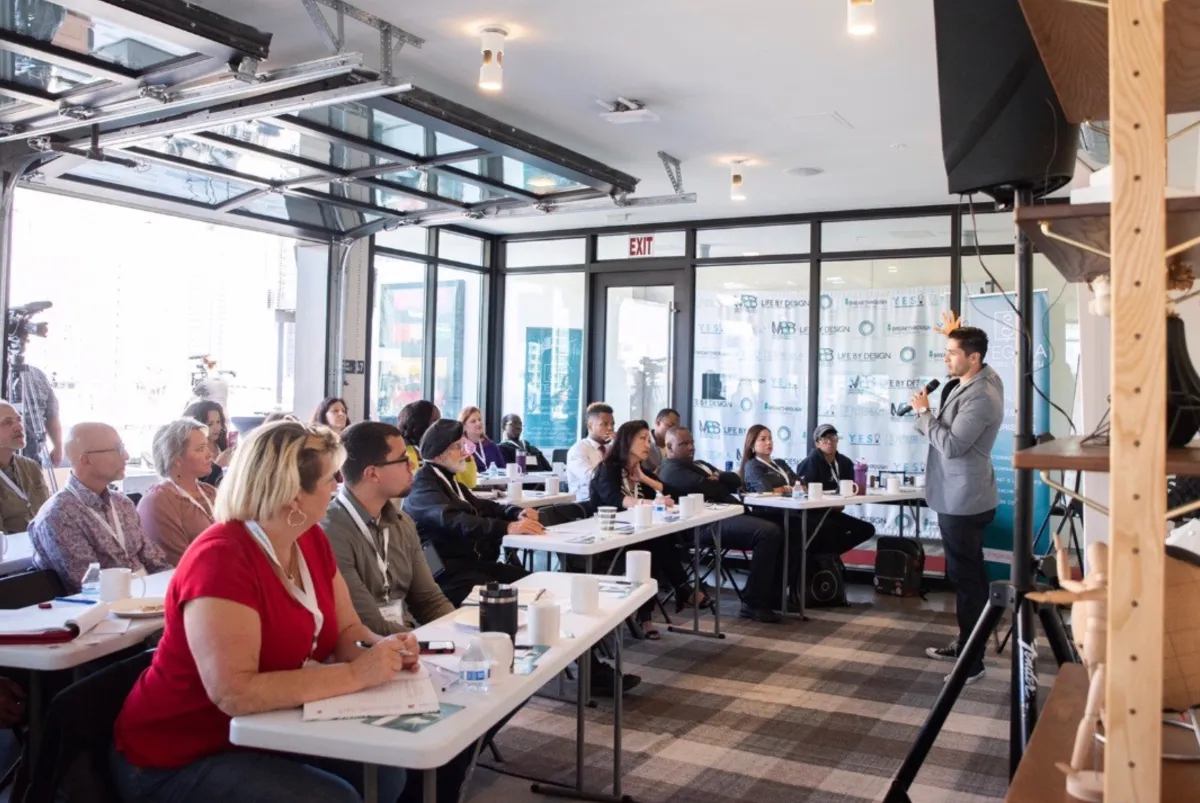
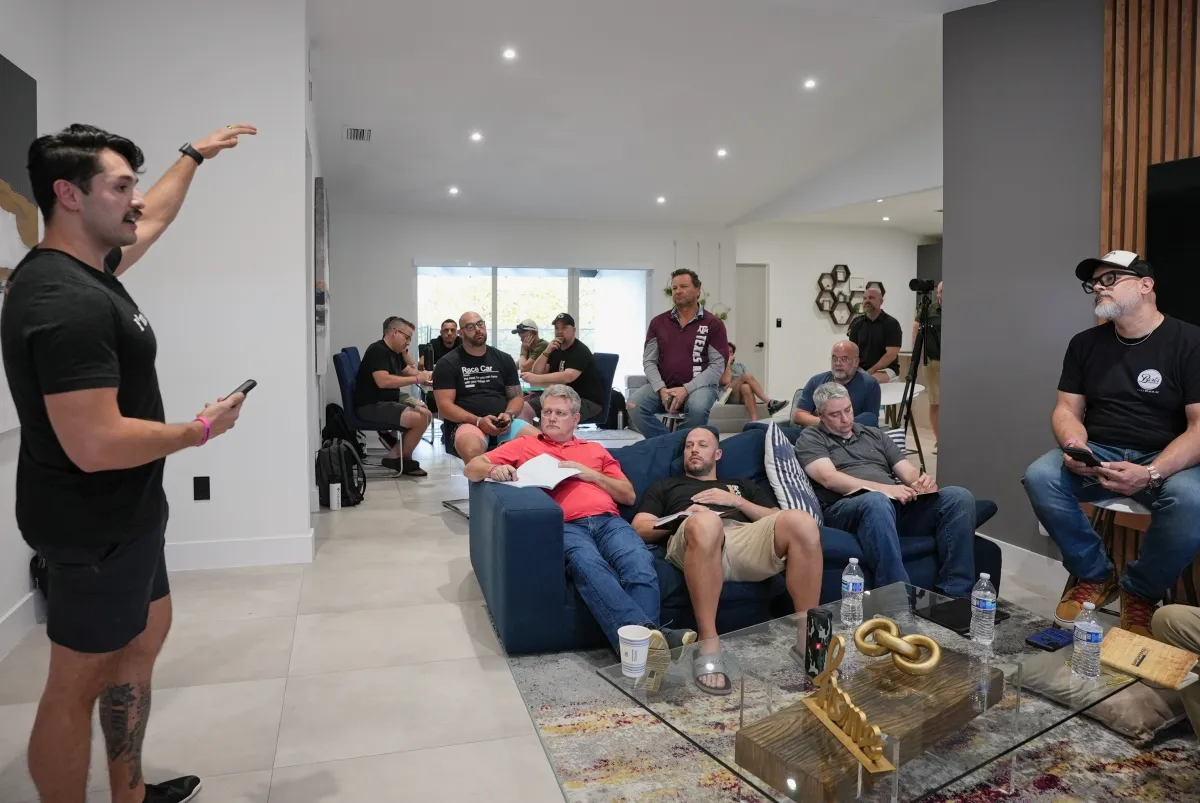
Empowered Man
Joey then joined Empowered Man as the Client Success Director from 2020 to 2023, where he helped over 650 men become better fathers, husbands, and leaders. The program was dedicated to personal growth, improved communication, and strong leadership for men navigating divorce and relationship struggles—saving marriages and transforming families in the process. But Joey knew his work wasn’t finished. He saw a bigger mission—to create a complete transformation system for men, built on behavioral psychology, leadership, and real-world strategies that WORK. That’s when Modern Man Brotherhood & Marriage Breakthrough Method™ was born.
Discover the Proven System That Has Helped 1,100+ Men Take Back Control of Their Relationships and Masculine Leadership
INTRODUCING THE MARRIAGE BREAKTHROUGH METHOD™ MOBILE APP

A step-by-step, proven framework designed for high-achieving men who refuse to settle for mediocrity in their relationships and lives.
This isn’t just about saving your marriage .
It’s about transforming YOU into the kind of man who naturally inspires respect, attraction, and deep connection.
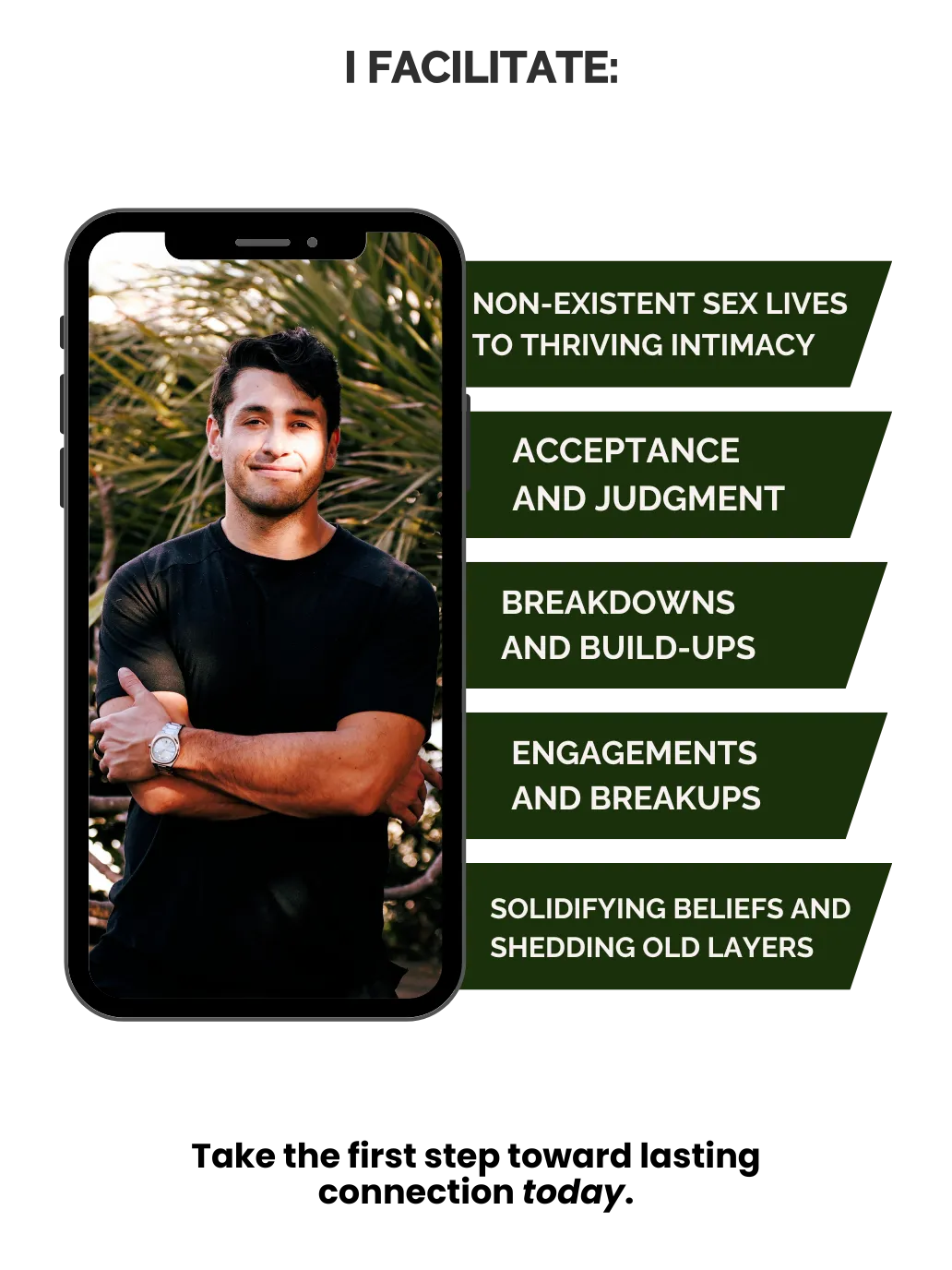
Your career shouldn’t cost you your marriage.
Learn the secrets to having both.

WARNING: Side Effects of Joining This Newsletter Include ...
Laughing at jokes sharper than a dad’s comeback
Re-thinking your relationship and business game entirely
You might even look forward to your inbox (weird, right?)
I Consent to Receive SMS Notifications, Alerts & Occasional Marketing Communication from company. Message frequency varies. Message & data rates may apply. Text HELP to (619)-257-5376 for assistance. You can reply STOP to unsubscribe at any time.
TESTIMONIALS
What others are saying
"I didn’t save my marriage—I rebuilt myself. I’m an entirely new me!"
"A man without direction is like a car without a steering wheel—just drifting. The moment you take ownership of yourself, your emotions, and your leadership, that’s when everything changes. Fill your bucket first, then lead with strength."
- Rob E

"For the first time in a long time, I feel like I’m finally in control—I can breathe again."
"Before you can lead your family, you have to lead yourself. A man running on empty can’t pour into others. Fill your own bucket first—because when you do, you don’t just survive… you lead with strength, clarity, and purpose."
- Brodie L

This space is different because you’re not juggling life while trying to grow—you’re here, fully engaged."
"Transformation doesn’t happen when you’re half in, half out. You have to be fully present, fully committed. No distractions, no ‘video off’—just you, showing up and doing the work."
- Mike & Thuy S.

"I came in lost, ready to walk away. I left with clarity, direction, and a fire to lead."
"Sometimes, you hit a point where you’re ready to throw in the towel—but that’s exactly when the breakthrough happens. This wasn’t just a last-ditch effort; it was the moment everything changed. You don’t just survive… you reclaim your life."
- Matt W.


